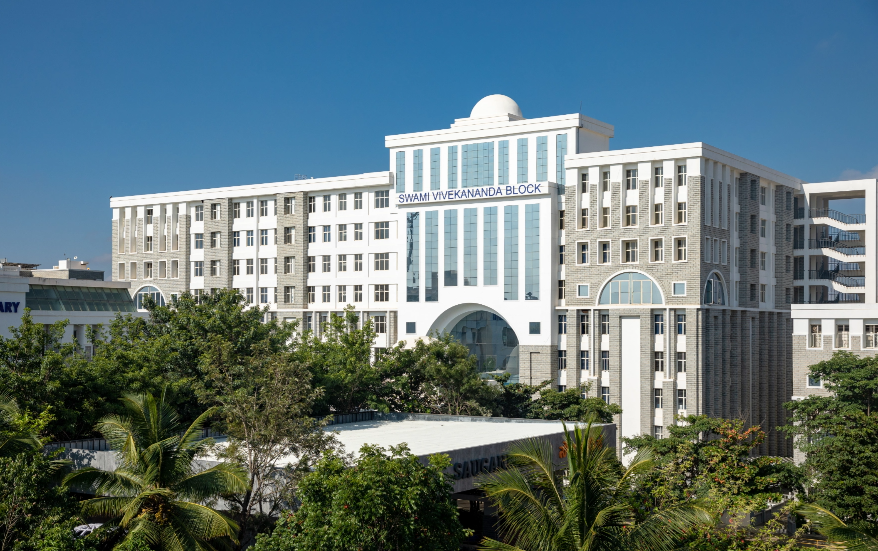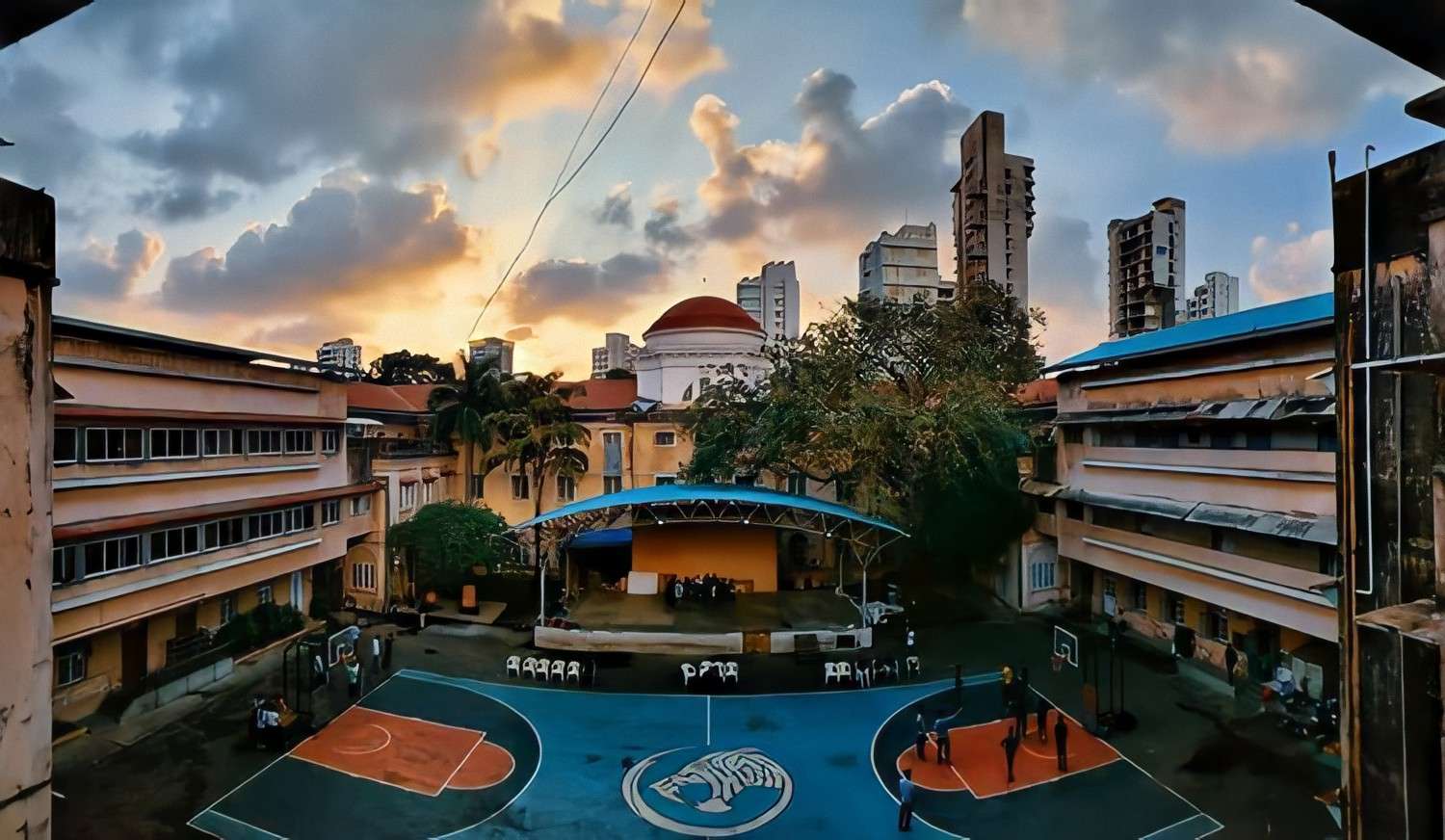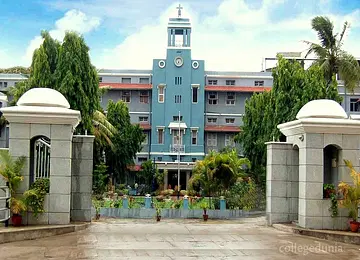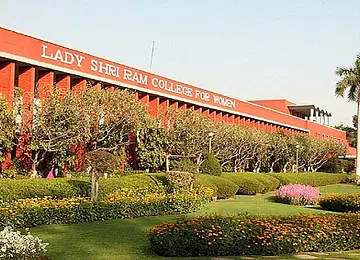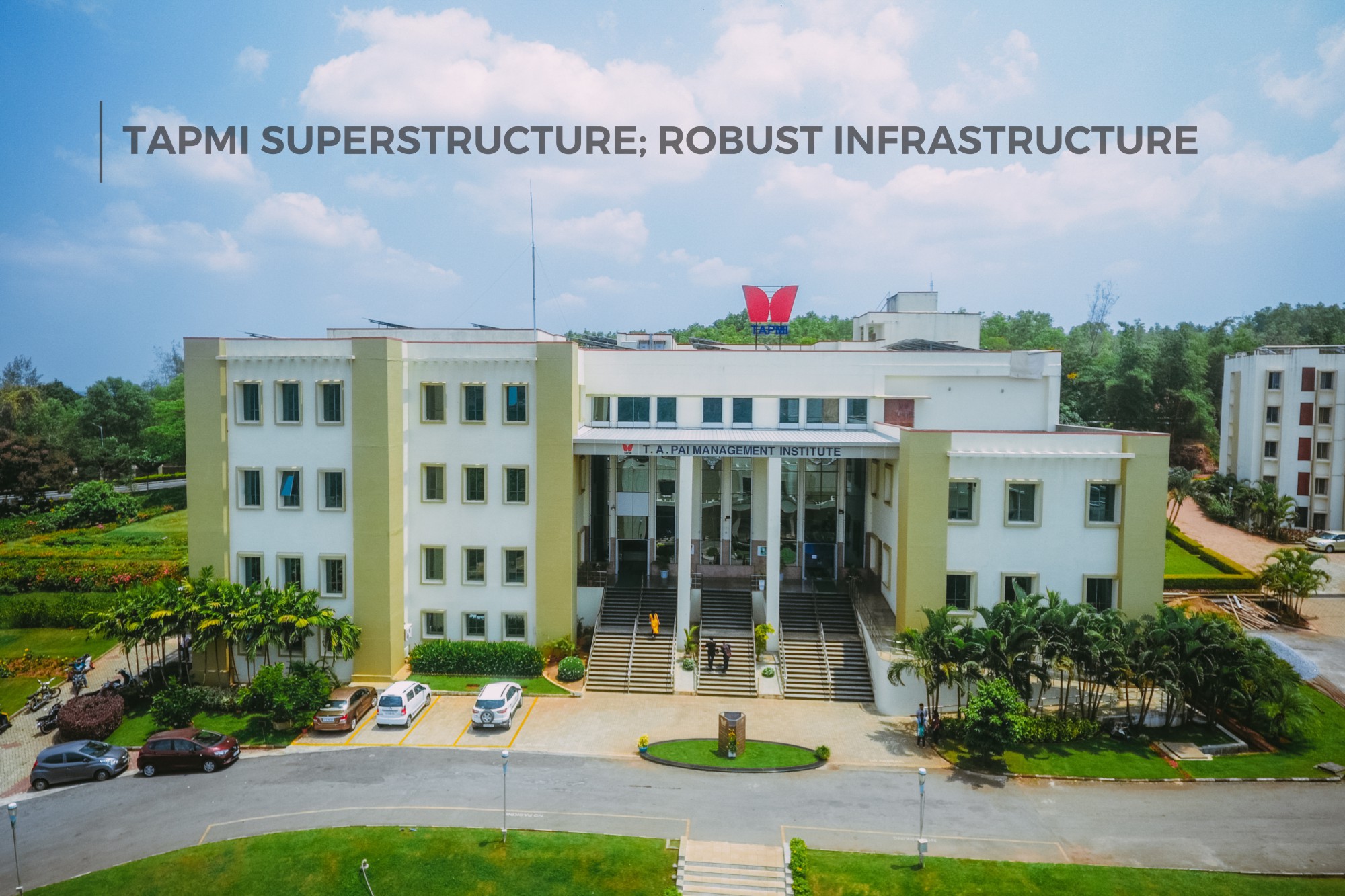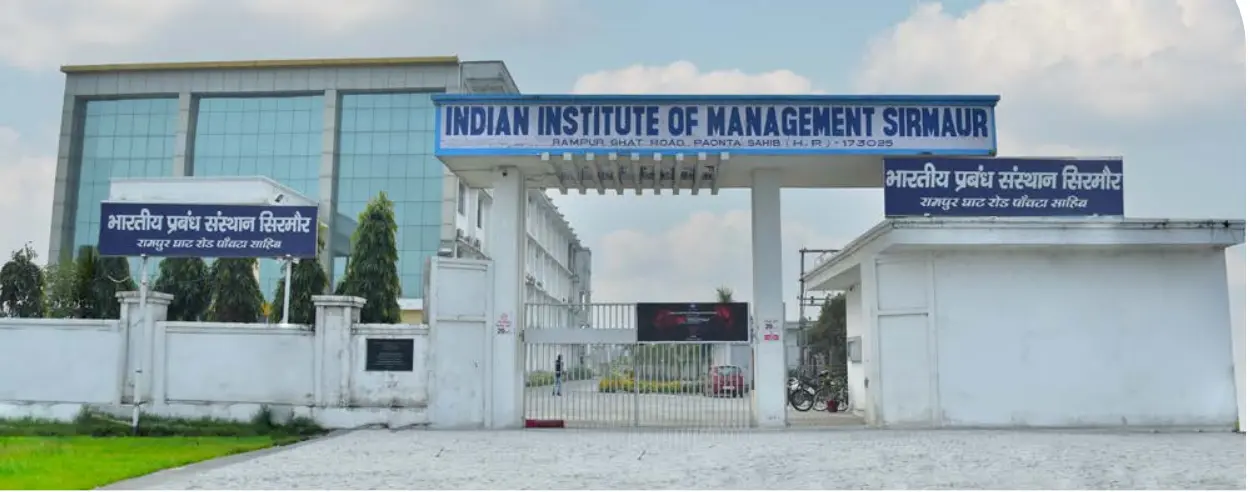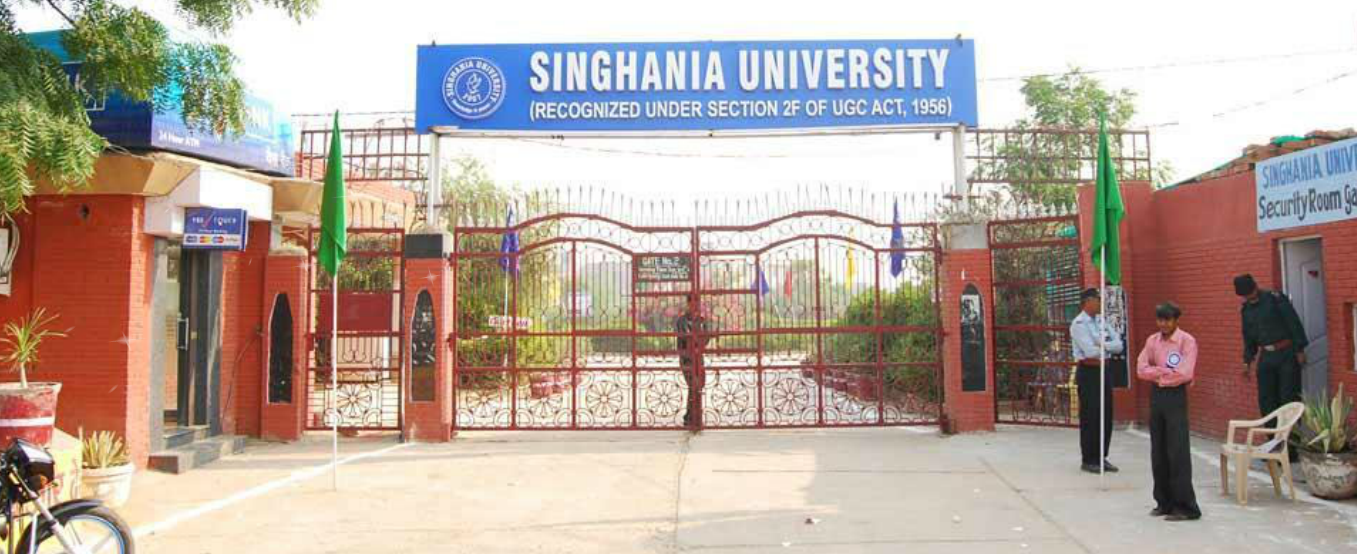
Singhania University, located in Pacheri Bari, Jhunjhunu, Rajasthan, was established in 2007 by the Rajasthan Government under the University Grants Commission (UGC) Act. It was founded by Shri D.C. Singhania with the aim of providing quality education in diverse fields. The university operates with a vision of creating a learning environment that fosters innovation, entrepreneurship, and academic excellence across multiple disciplines.
Though Singhania University offers programs in engineering, medicine, law, and management, among others, its reputation is more established in fields such as engineering, healthcare, and sciences. Over the years, it has expanded its offerings and infrastructure, positioning itself as a center for higher learning in northern India.
Admission Cut-offs
Admission cut-offs at Singhania University vary depending on the program and entrance requirements. The university offers undergraduate, postgraduate, and doctoral programs, each having its own specific criteria for admission.
- Engineering (B.Tech, M.Tech): For engineering programs, Singhania University conducts its own entrance examination, though it also accepts scores from other national-level entrance tests like JEE Main. The cut-off scores depend on the availability of seats and the number of applicants, with higher cut-offs for popular branches like Computer Science, Electronics, and Mechanical Engineering.
- Medical Programs (MBBS, B.Sc Nursing, Paramedical): Medical admissions, particularly for MBBS, are conducted through the National Eligibility cum Entrance Test (NEET). The cut-off marks for MBBS at Singhania University typically follow the national NEET cut-off guidelines. For nursing and paramedical courses, the selection is based on 10+2 exam marks, focusing on subjects like Biology, Physics, and Chemistry.
- Law and Management Programs: Admission to law programs like LLB or BA-LLB generally requires candidates to clear the university’s entrance exam or secure a good rank in CLAT or other law entrance exams. For management programs like MBA, Singhania University accepts CAT, MAT, or the university’s internal entrance exam scores.
Admission Dates
The admission schedule at Singhania University typically follows this timeline:
- For Undergraduate and Postgraduate Programs: Application processes usually begin in April or May. Entrance exams for specific courses are held between June and July, with admissions finalized by August.
- Medical Programs: NEET-based admissions generally follow the national calendar, with exams conducted in May and results declared in June. Counseling and admissions processes for MBBS are conducted soon after.
It is recommended to check the university’s official website for updates on specific application deadlines and exam dates.
Student Reviews
Singhania University has received a mix of reviews from students, with some positive feedback on specific aspects like infrastructure and the variety of programs offered, while other areas, such as placement opportunities and administrative processes, have room for improvement.
- Infrastructure: The university has a well-developed campus with modern classrooms, laboratories, and hostels. Students appreciate the availability of resources like libraries, computer labs, and research facilities, which enhance their learning experience.
- Faculty: Students report that the faculty members are knowledgeable and supportive, particularly in technical fields like engineering and healthcare. The practical orientation of the programs is frequently praised.
- Placements: Placements at Singhania University, especially for engineering and management students, are moderate, with some students finding internships and jobs through campus drives. However, placements in less popular fields or newer programs may not be as robust, and many students recommend that the university strengthens its industry connections to provide better career opportunities.
- Student Life: The university hosts various cultural and technical events, offering students a well-rounded experience beyond academics. Activities like sports, fests, and student societies contribute to a vibrant campus life.
However, some students have noted challenges with administrative processes, including admissions and documentation. There are also occasional concerns about the university’s recognition for certain programs, so it’s essential for prospective students to verify the accreditation status of the courses they are interested in.
Conclusion
Singhania University has steadily grown in stature since its inception, providing students with a variety of educational programs across multiple disciplines. While its infrastructure and faculty are strengths, students seeking admission should carefully review program-specific details, particularly in terms of placements and accreditation. For students looking for a broad range of academic offerings in Rajasthan, Singhania University remains a viable option.
